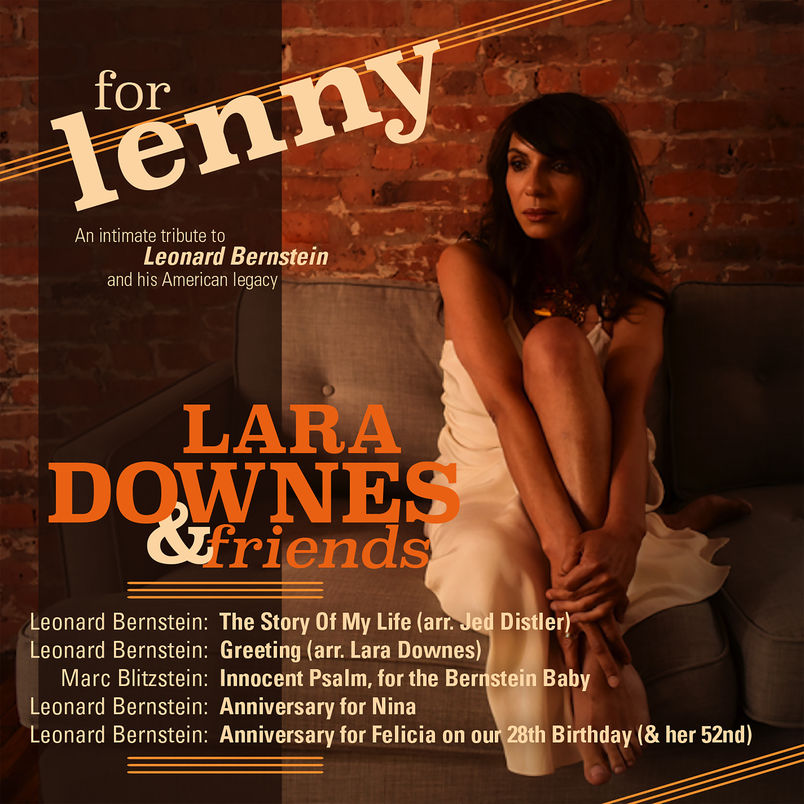Audio
Track:
About
Though he was surely one of the best-known, most popular composers and conductors of the 20th century, the full scope of Leonard Bernstein’s genius is only beginning to be realized in the years following his death. Not only is Bernstein becoming increasingly appreciated for the dramatic, driving force he embodied in classical music performance and education, he is also being recognized more and more as a composer of variety, vitality, and substance.
Like Copland and Gershwin, he came from a Russian-Jewish immigrant family. He was born in Lawrence, Massachusetts on August 25, 1918, to Sam and Jennie Bernstein. Lenny began his piano studies at age ten, attended the Boston Latin School, and in 1935 matriculated at Harvard, where he studied with Edward Burlingame Hill and Walter Piston. At university he tried his hand at composing the incidental music for Aristophanes’ The Birds. He cultivated close associations with several other musicians whose lives and compositions would continue to intersect with his: Copland, for whom he was commissioned to arrange the two-piano version of El Salon Mexico in 1937; Blitzstein, whose radical opera The Cradle Will Rock Bernstein mounted at Harvard (he would go on to champion both works); and Dimitri Mitropoulos, whose mentorship shaped Bernstein’s conducting and introduced him to Reiner and Koussevitsky. In 1940 Bernstein joined the latter’s conducting class at Tanglewood, where he was to establish a lifelong affiliation: first as Koussevitsky’s assistant, then succeeding him when the older conductor died in 1951.
Meanwhile, Bernstein had made media headlines as a conductor with an eleventh-hour substitution for an ailing Bruno Walter at a live broadcast concert of the New York Philharmonic on November 14, 1943. His electrifying performance flashed across the front pages of America’s press, making him a household name. The decades of the 1940’s and 1950’s also saw Bernstein’s emergence as a serious composer. His Jeremiah Symphony premiered in 1944 and was followed the same year by the ballet score Fancy Free–his first collaboration with Jerome Robbins. Together with the team of Adolph Green and Betty Comden, Bernstein expanded the ballet into the Broadway musical On the Town. His Symphony No. 2: The Age of Anxiety and Prelude, Fugue and Riffs for clarinet and jazz ensemble appeared in 1949; his opera Trouble in Tahiti, which would metamorphose into his late masterpiece, A Quiet Place, premiered in 1952. These were followed in 1954 by his film score for Elia Kazan’s On the Waterfront, the operetta Candide in 1956, and his most famous theatre work, West Side Story, in 1957. Succeeding Mitropoulos in 1958 as Music Director of the New York Philharmonic, Bernstein inaugurated a series of ground-breaking educational projects, which influenced an entire generation of listeners and won scores of converts to classical and contemporary music. Bernstein’s Young People’s Concerts with the New York Philharmonic were televised from 1958 to 1972; his Harvard lecture series The Unanswered Question was also broadcast, and his book The Joy of Music, which incorporated his early 50’s television Omnibus lectures, became a best seller and classroom classic.
After stepping down from the directorship of the New York Philharmonic in 1969, Bernstein toured widely as a guest conductor, establishing a very special relationship with the Vienna Philharmonic; committed himself to liberal political causes; devoted special energies to the music of Ives, Copland, and Mahler; and continued to compose. In addition to the works previously mentioned, his ambitious, eclectic catalogue included a third symphony, Kaddish (1963), the Chichester Psalms (1965), the theatre piece Mass, which opened the Kennedy Center in 1971, a ballet, Dybbuk, in 1974, the musical 1600 Pennsylvania Avenue in 1976, A Quiet Place in 1983, Jubilee Games in 1985, and two song cycles: Songfest in 1977 and Arias and Barcarolles in 1988. Of these, A Quiet Place, which received its premiere at the Houston Grand Opera, reflected poignantly Bernstein’s attempt to confront the angels and demons of his own past and transform them into the realm of imagination. Completed in the emotionally turbulent years which followed his wife Felicia’s death from cancer in 1978, the death of his parents, and his own identity-sexuality crisis, the opera recounts the joys and travails of an American family, whose seeming banality is really the stuff of mythic psychology.
Until a few days before his death on October 14, 1990 from heart complications associated with emphysema, Bernstein remained active–composing, conducting, touring, teaching at Tanglewood, and living with the voracious energy that had always informed his activities. His flamboyant podium style, his irrepressible gusto, his embracing passion for people and for music, his larger-than-life, often unconventional persona, have become the stuff of legend, while his recordings, videos, and books remain top sellers. Yet beyond the glitter shines a substance that can only gain in luster as American music moves into the 21st century–an inspiring and inspired voice of an artist who unabashedly proclaimed: “Life without music is unthinkable, music without life is academic. That is why my contact with music is a total embrace.”
–Thomas Hampson and Carla Maria Verdino-Süllwold, PBS I Hear America Singing
Related Information
Songs
A Big Indian and A Little Indian
Leonard Bernstein
Leonard Bernstein
Song Collection: I Hate Music!: A Cycle of Five Kid Songs
A Julia de Burgos
Leonard Bernstein
Julia de Burgos
Song Collection: Songfest
Afterthought
Leonard Bernstein
Leonard Bernstein
I Hate Music!: A Cycle of Five Kid Songs
Song CollectionLeonard Bernstein
Leonard Bernstein
I Hate Music!
Leonard Bernstein
Leonard Bernstein
Song Collection: I Hate Music!: A Cycle of Five Kid Songs
I'm a Person Too
Leonard Bernstein
Leonard Bernstein
Song Collection: I Hate Music!: A Cycle of Five Kid Songs
Jupiter Has Seven Moons
Leonard Bernstein
Leonard Bernstein
Song Collection: I Hate Music!: A Cycle of Five Kid Songs
Music I Heard With You
Leonard Bernstein
Conrad Aiken
Song Collection: Songfest
My Name is Barbara
Leonard Bernstein
Leonard Bernstein
Song Collection: I Hate Music!: A Cycle of Five Kid Songs
Songfest
Song CollectionLeonard Bernstein
Lawrence Ferlinghetti
Julia de Burgos
Walt Whitman
Conrad Aiken
Gregory Nunzio Corso
Edna St. Vincent Millay
Sonnet: What Lips My Lips Have Kissed...
Leonard Bernstein
Edna St. Vincent Millay
Song Collection: Songfest
The Pennycandystore Beyond The El
Leonard Bernstein
Lawrence Ferlinghetti
Song Collection: Songfest
Silhouette
Leonard Bernstein
Leonard Bernstein
So Pretty
Leonard Bernstein
To What You Said
Leonard Bernstein
Walt Whitman
Song Collection: Songfest
Zizi's Lament
Leonard Bernstein
Gregory Nunzio Corso
Song Collection: Songfest
Videos
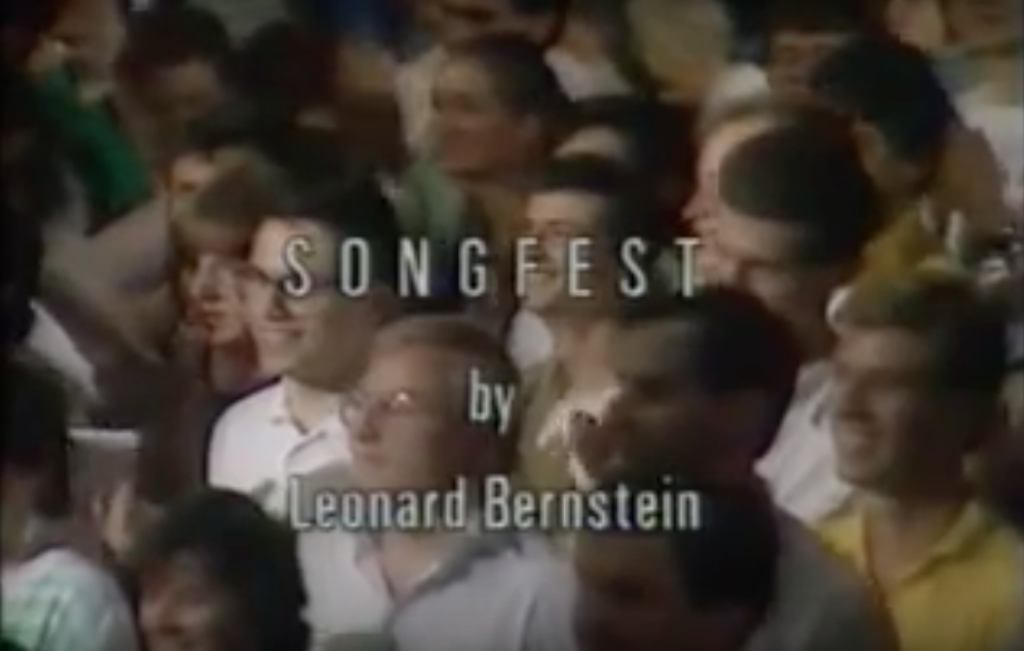
Bernstein: 1. “To The Poem,” 2. “The Pennycandystore…,” & 3. “A Julia de Burgos”
1977
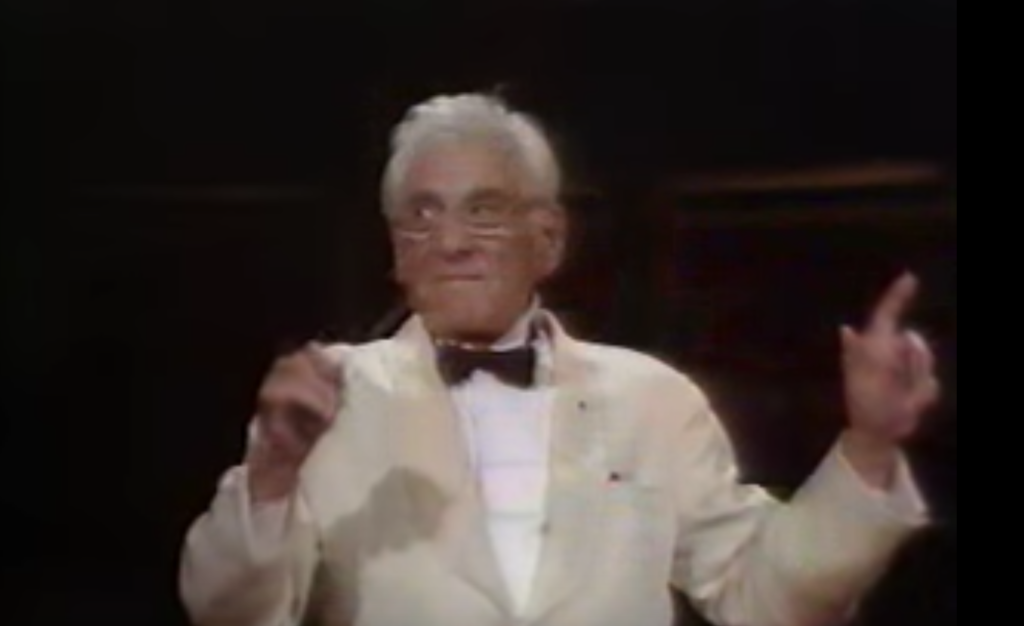
Bernstein: “If you can’t eat you got to,” a sextet from Songfest
2008
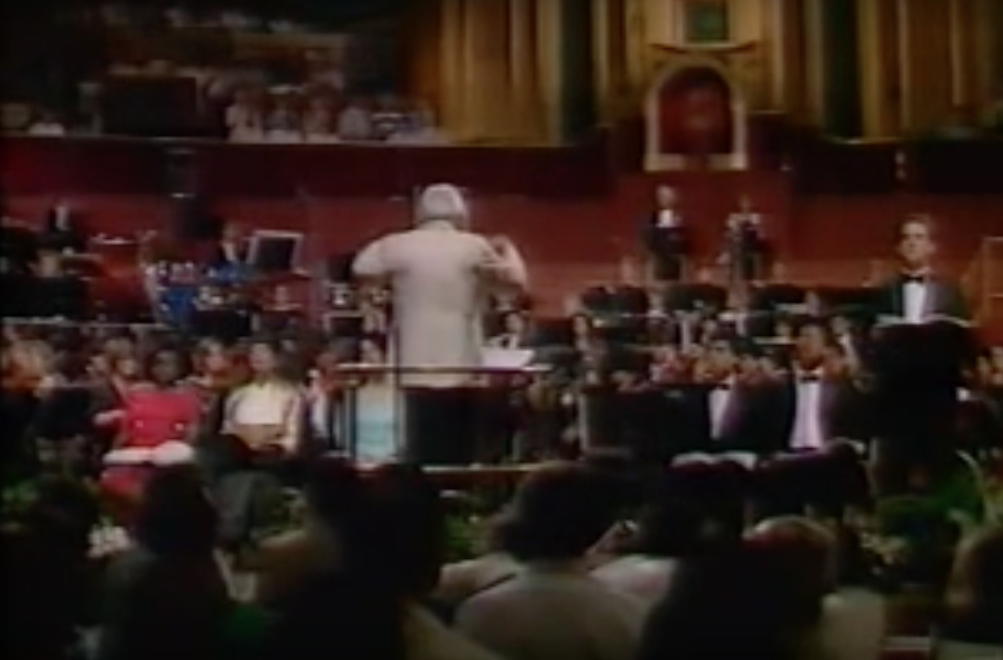
Bernstein: “To What You Said” & “I, Too, Sing America” (London Proms, Bernstein conducting)
1977
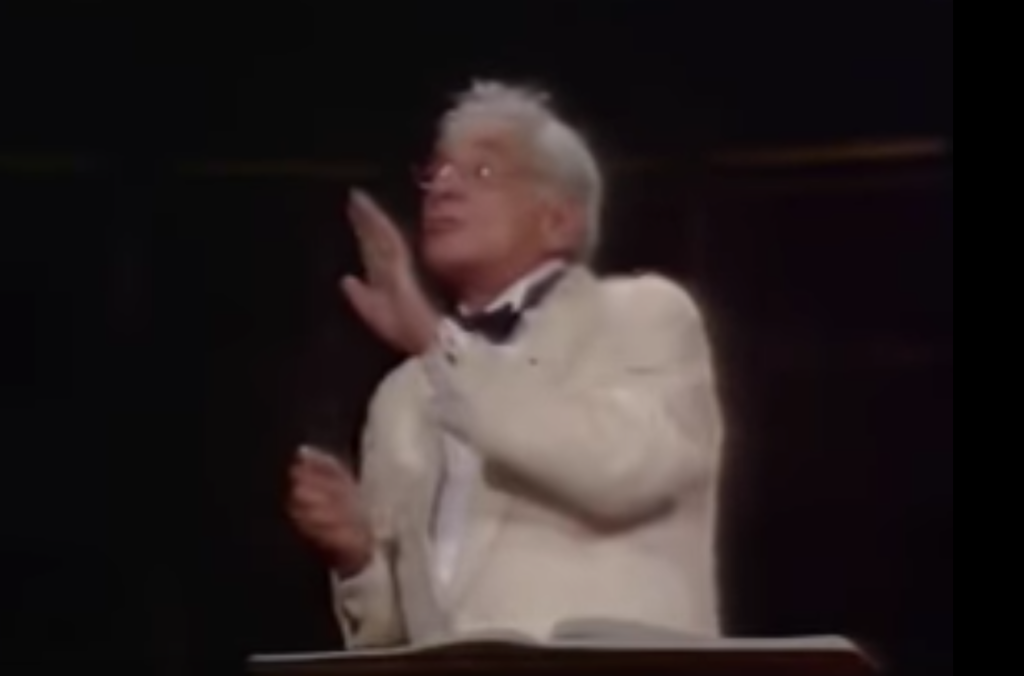
Bernstein: 9. “Music I Heard With You” & 10. “Zizi’s Lament”
2008
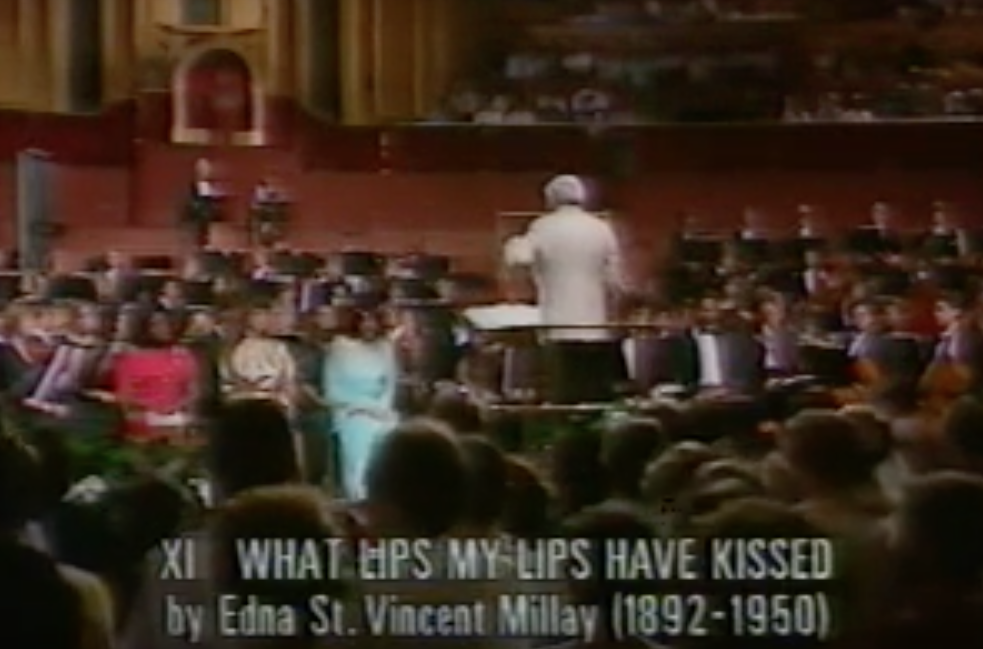
Bernstein: 11. “What Lips My Lips Have Kissed”
1977
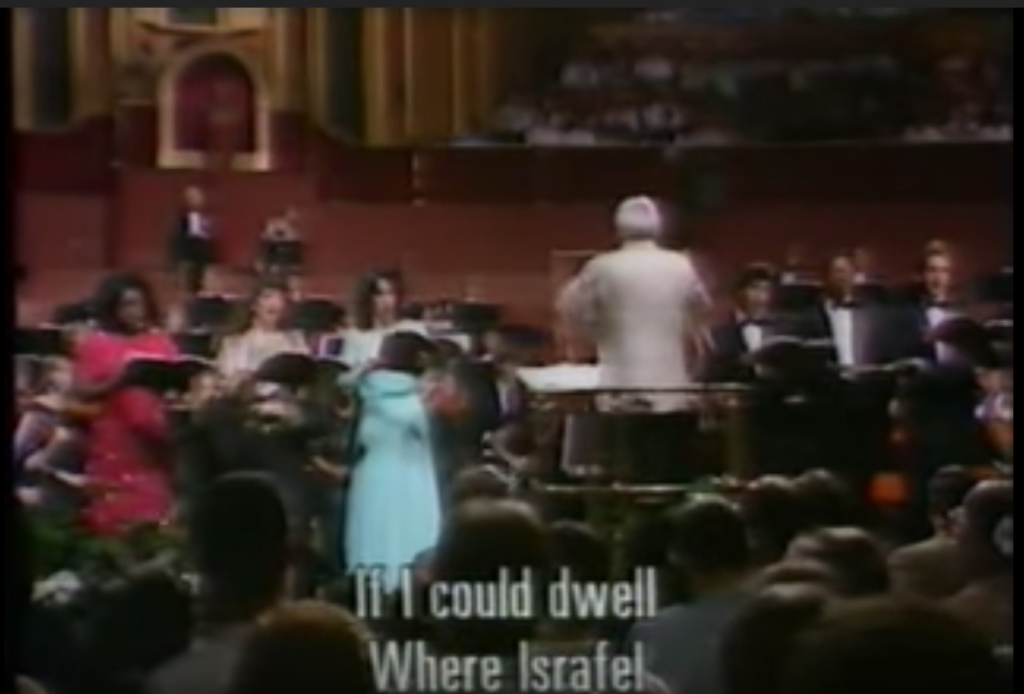
Bernstein: 12. “Israfel”
2008
Recordings
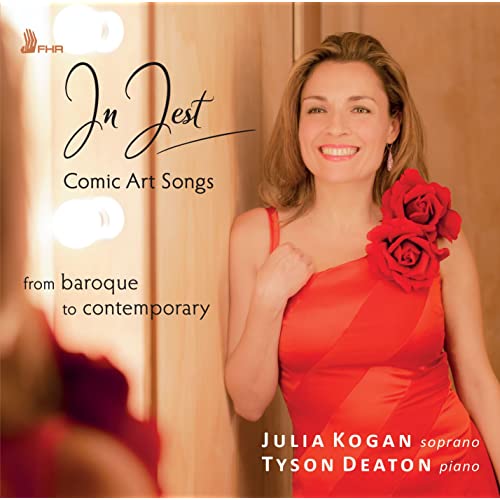
In Jest: Comic Art Songs
(Leonard Bernstein, William Bolcom and Lee Hoiby)
2017
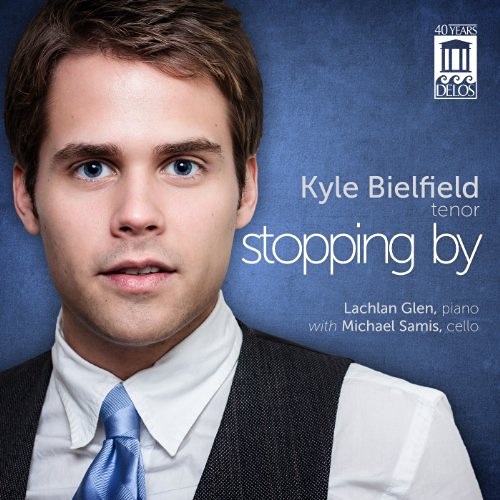
stopping by
(Mark Abel, Samuel Barber, Amy Marcy Beach, Leonard Bernstein, Charles Wakefield Cadman, Elliott Carter, Aaron Copland, Celius Dougherty, John Woods Duke, Stephen Foster, Charles Griffes and Ned Rorem)
2013
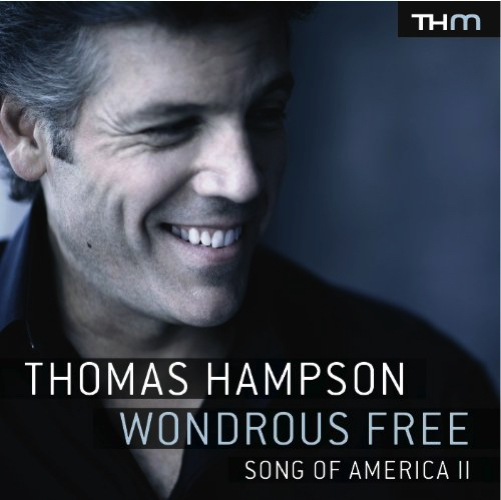
Wondrous Free
(Leonard Bernstein, Paul Bowles, John Alden Carpenter, John Woods Duke, Stephen Foster, Sidney Homer, Francis Hopkinson, Charles Ives, Edward MacDowell, William Grant Still and Elinor Remick Warren)
2009
View recording
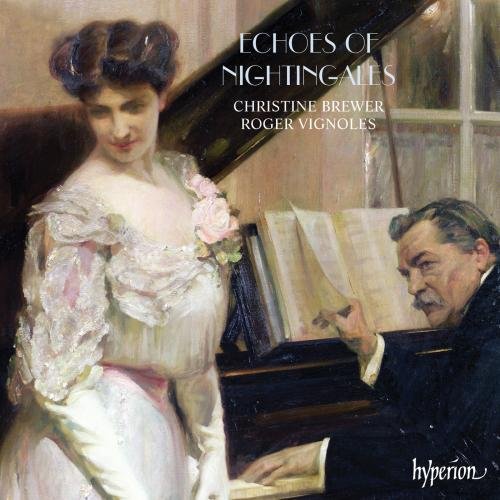
Echoes of Nightingales
(Leonard Bernstein, John Alden Carpenter, Celius Dougherty and James H. Rogers)
2009
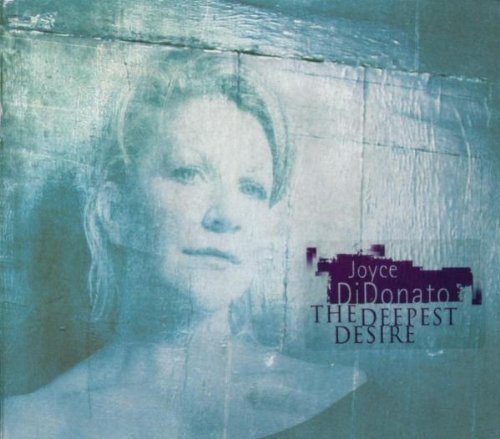
The Deepest Desire
(Leonard Bernstein, Aaron Copland and Jake Heggie)
2006
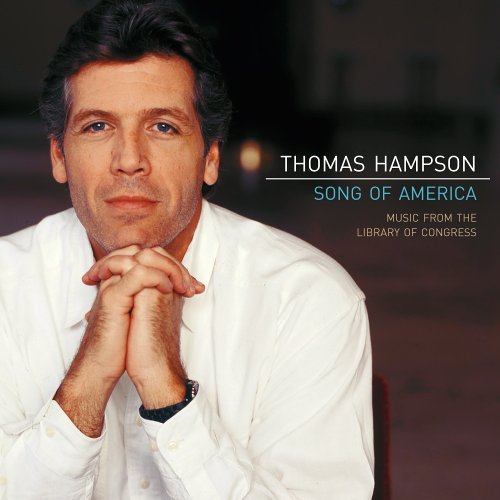
Song of America
(Leonard Bernstein, Henry T. Burleigh, Walter Damrosch, John Woods Duke, Stephen Foster, Charles Griffes, Ned Rorem, Charles Naginski, Clifford Shaw, Abraham Wood, Elinor Remick Warren and Kurt Weill)
2005
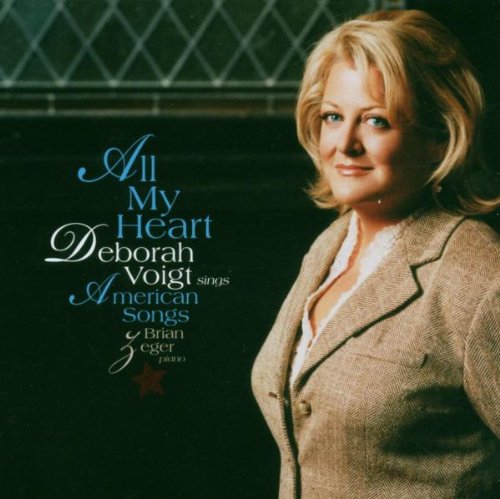
All My Heart
(Amy Marcy Beach, Charles Ives, Leonard Bernstein, Ben Moore and Charles Griffes)
2005
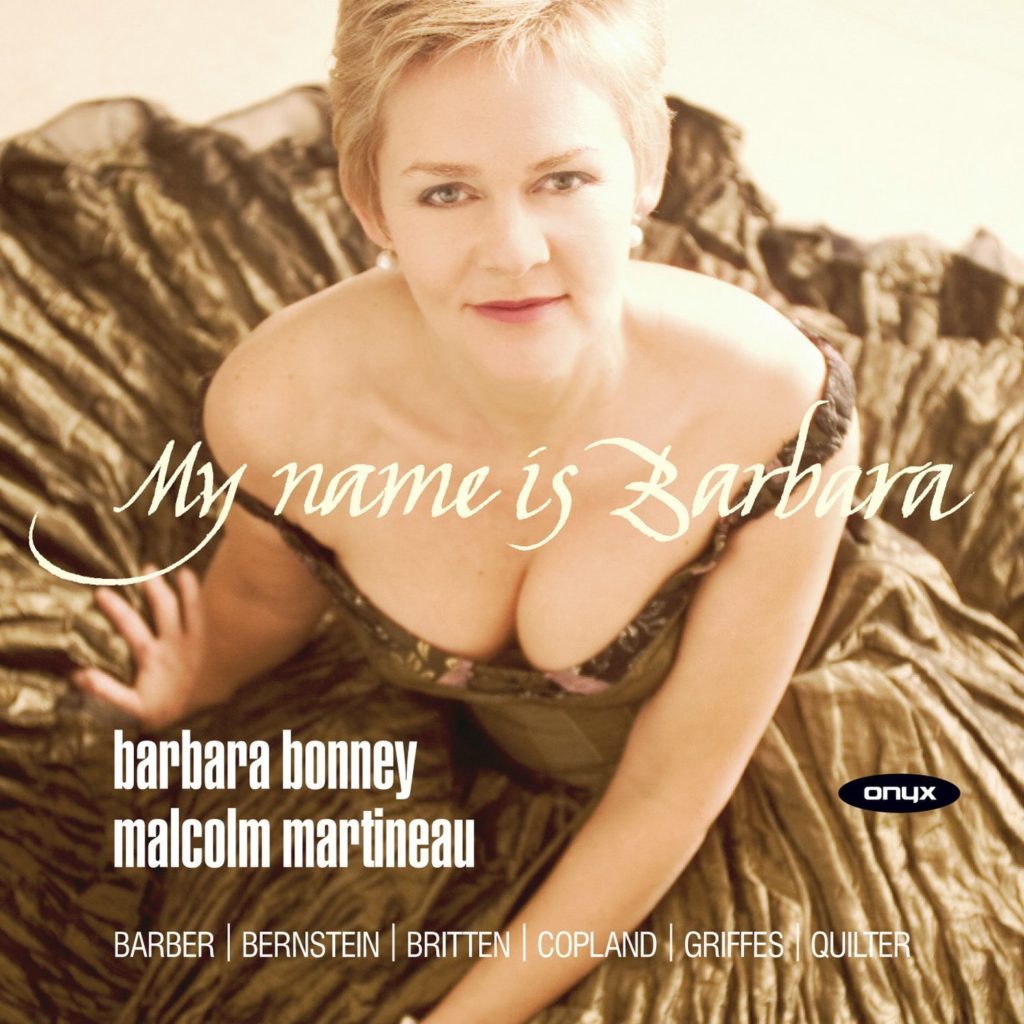
My Name is Barbara
(Samuel Barber, Charles Griffes, Aaron Copland and Leonard Bernstein)
2005
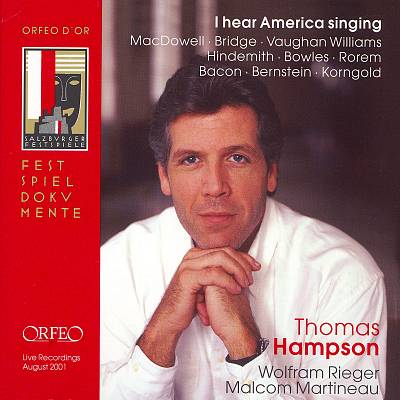
I Hear America Singing
(Ernst Bacon, Jean Berger, Paul Bowles, Henry T. Burleigh, Stephen Foster, Ernest Gold, Charles Griffes, Richard Hageman, Sergius Kagen, Charles Martin Loeffler, Edward MacDowell, Charles Naginski, John Jacob Niles, Hermann Reutter, Frédéric Louis Ritter, Ned Rorem, William Grant Still, Hugo Weisgall and Tennessee Williams)
2001
View recording
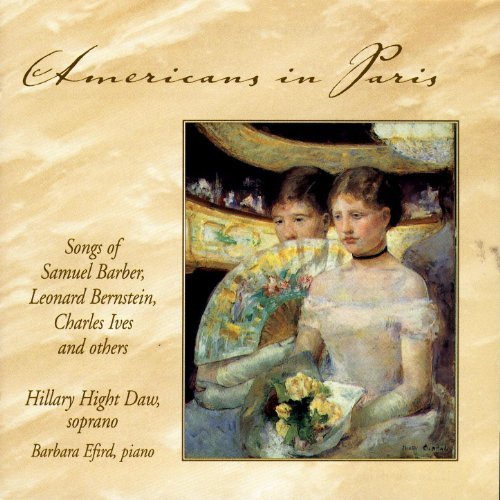
Americans in Paris
(Samuel Barber, Leonard Bernstein, Louis Campbell-Tipton, Henry Hadley, Charles Martin Loeffler, Charles Ives and Kurt Weill)
2000
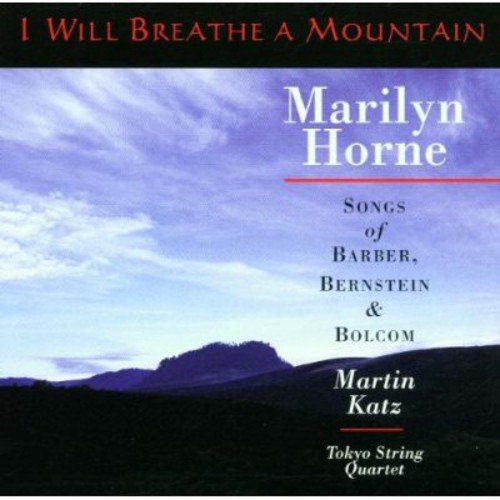
I Will Breathe a Mountain
(Samuel Barber, Leonard Bernstein and William Bolcom)
1997
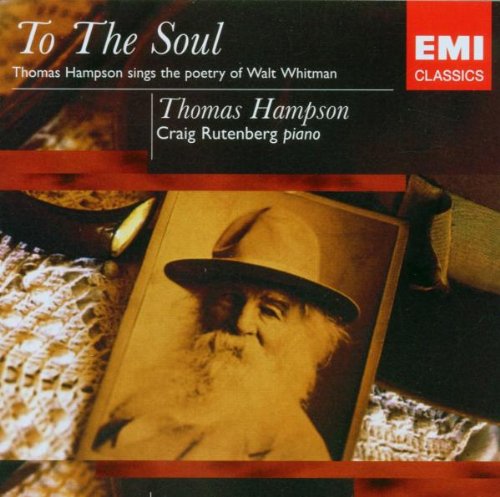
To The Soul - Poetry Of Walt Whitman
(Ernst Bacon, Leonard Bernstein, Henry T. Burleigh, Gerald Busby, Philip Dalmas, Charles Ives, Charles Naginski, Ned Rorem, Robert Strassburg, Michael Tilson Thomas, Kurt Weill, Elinor Remick Warren and Walt Whitman)
1997
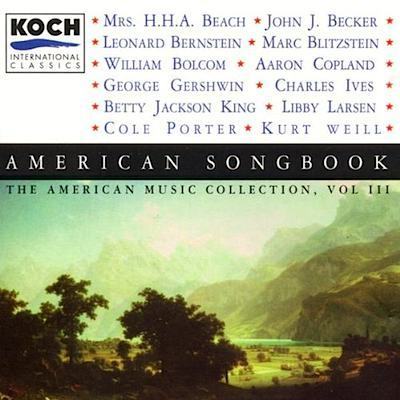
American Songbook - The American Music Collection, Vol. 3
(Amy Marcy Beach, Leonard Bernstein, Marc Blitzstein, William Bolcom, Aaron Copland, Charles Ives, Betty Jackson King, Libby Larsen and Kurt Weill)
1996
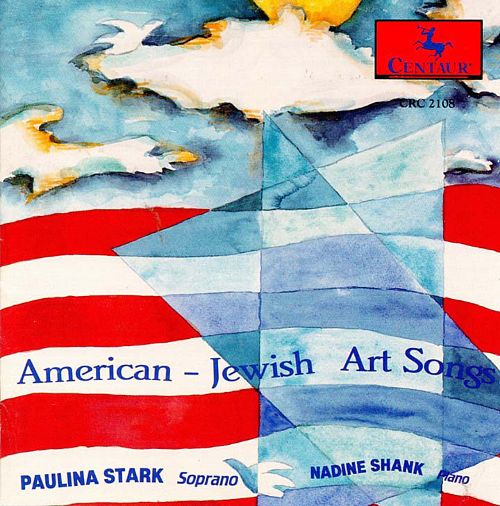
American - Jewish Art Songs
(Leonard Bernstein and Miriam Gideon)
1992
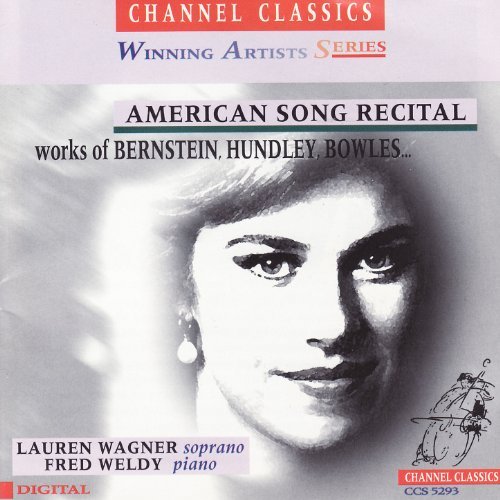
American Song Recital
(Leonard Bernstein, William Bolcom, Paul Bowles, John Corigliano, John Woods Duke, Richard Hundley, Lori Laitman, John Musto and Richard Pearson Thomas)
1992
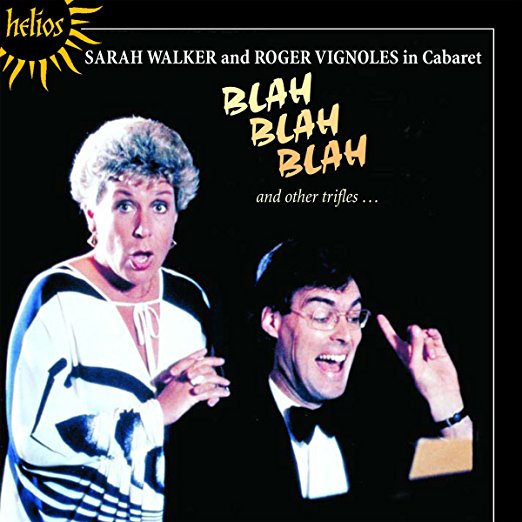
Blah Blah Blah & Other Trifles
(David N. Baker, Leonard Bernstein and William Bolcom)
1988
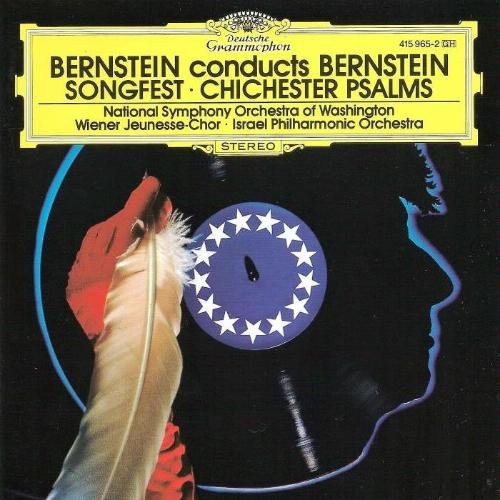
Bernstein Conducts Bernstein
(Leonard Bernstein)
1977
Books
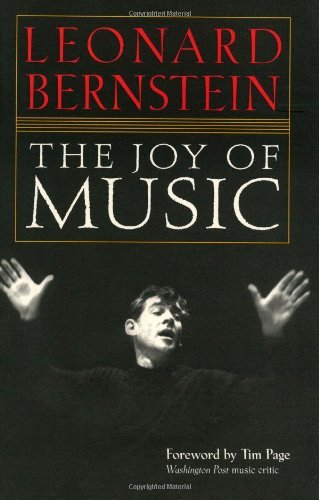
The Joy of Music
This classic work is perhaps Bernstein's finest collection of conversations on the meaning and wonder of music.
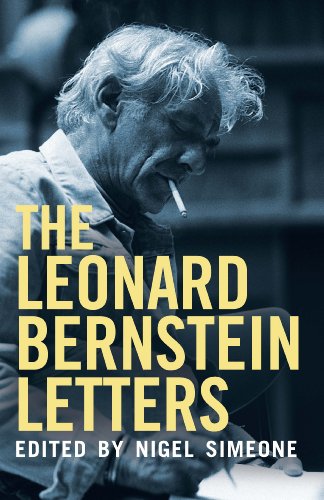
The Leonard Bernstein Letters
Bernstein was an enthusiastic letter writer...the letters have been selected for the insights they offer into the passions of his life—musical and personal—and the extravagant scope of his musical and extra-musical activities.
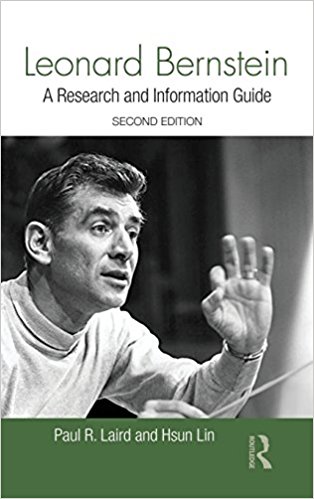
Leonard Bernstein: A Research and Information Guide
An annotated bibliography and research guide which includes annotations on Bernstein's writings, performances, educational work, and major secondary sources. Also included are a biographical sketch, lists of compositions and arrangements, as well as lists of recordings and video. The second edition is updated to include research since the 1st edition was published in 2001, as well as online resources.
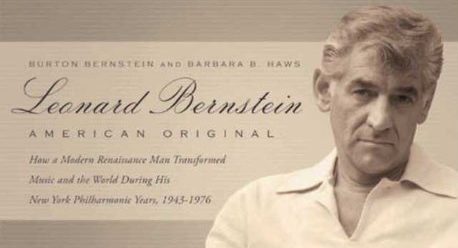
Leonard Bernstein: American Original
The essays within this book do not simply retell the Bernstein story; instead, Leonard Bernstein's brother, Burton Bernstein, and New York Philharmonic archivist and historian, Barbara B. Haws, have brought together a distinguished group of contributors to examine Leonard Bernstein's historic relationship with New York City and its celebrated orchestra.
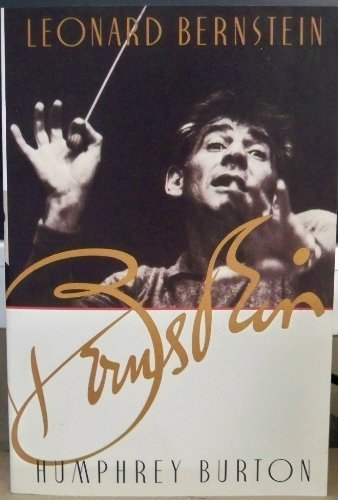
Leonard Bernstein
The definitive biography of one of the most influential, flamboyant, and multifaceted musical talents of the 20th century, a man whose concert hall performances inspired generations of musicians and music lovers, and whose theatrical triumphs dazzled Broadway.
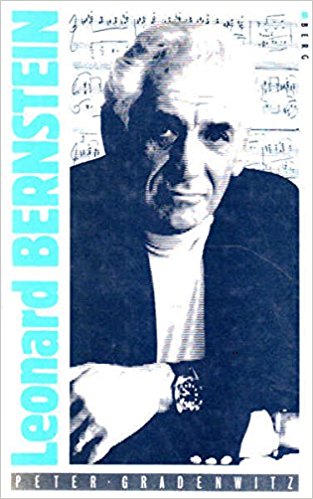
Leonard Bernstein: The Infinite Variety of a Musician
With personal contributions by Leonard Bernstein, Yehudi and Diana Menuhin, Christa Ludwig, Dietrich Fischer-Dieskau, Isaac Stern, Nikolaus Harnoncourt, Antal Dorati, Lukas Foss, Fredric R. Mann, Virgil Thomson, Hans Novak, Abba Eban, Stephen Wadsworth, and Burton Bernstein.
Sheet Music
15 Art Songs by American Composers (High Voice)
Composer(s): Dominick Argento, Leonard Bernstein, Theodore Chanler, Aaron Copland, John Duke, Richard Hundley, Ned Rorem
Voice Type: High
Buy via Sheet Music Plus15 Art Songs by American Composers (Low Voice)
Composer(s): Dominick Argento, Leonard Bernstein, Theodore Chanler, Aaron Copland, John Duke, Richard Hundley, Ned Rorem
Voice Type: Low
Buy via Sheet Music Plus28 Songs by American and British Composers
Composer(s): John Duke
Song(s): Barber: Must the Winter Come so Soon?
Bernstein: Two Love Songs (Extinguish My Eyes, When My Soul Touches Yours)
Bowles: Heavenly Grass
Carpenter: When I Bring to You Colour'd Toys
Corigliano: Christmas at the Cloisters, The Unicorn
Dougherty: Sound the Flute!
Duke: Peggy Mitchell
Hoiby: An Immorality
Moore: The Dove Song (The Wings of the Dove)
Sargent: Stopping by Woods on a Snowy Evening
Thomson: English Usage, The Tiger
Vaughan Williams: Hugh's Song of the Road
Wells: Everyone Sang
Bernstein: Art Songs and Arias High Voice
Composer(s): Leonard Bernstein
Song(s): 1. My Name is Barbara
2. Jupiter Has Seven Moons
3. I Hate Music!
4. A Big Indian and A Little Indian
5. I'm a Person Too
Bernstein: Art Songs and Arias Medium/Low Voice
Composer(s): Leonard Bernstein
Song(s): 1. My Name is Barbara
2. Jupiter Has Seven Moons
3. I Hate Music!
4. A Big Indian and A Little Indian
5. I'm a Person Too
Songfest
Composer(s): Leonard Bernstein
Song(s): 1. The Pennycandystore Beyond The El
2. A Julia de Burgos
3. To What You Said
4. Music I Heard With You
5. Zizi's Lament
6. Sonnet: What Lips My Lips Have Kissed...
Songs by 22 Americans
Composer(s): Samuel Barber
Leonard Bernstein
Paul Bowles
John Alden Carpenter
Celius Dougherty
John Duke
Charles Tomlinson Griffes
Richard Hageman
Charles Naginski
William Roy
Gladys Rich
Virgil Thomson
Elinor Remick Warren
Voice Type: High
Buy via Sheet Music Plus

